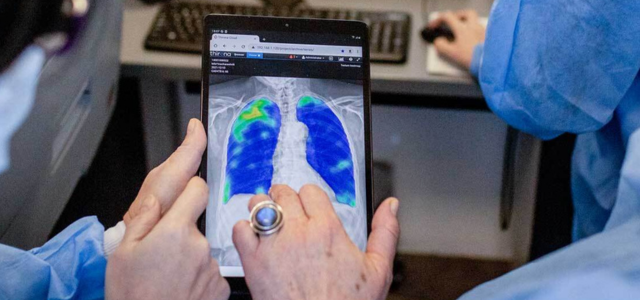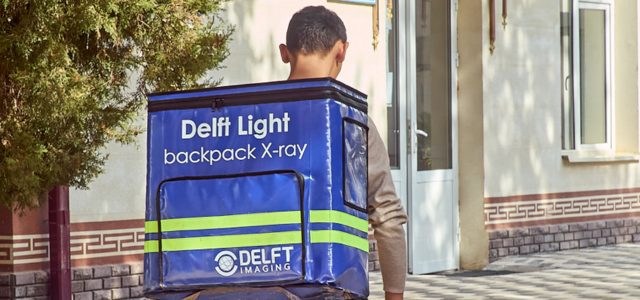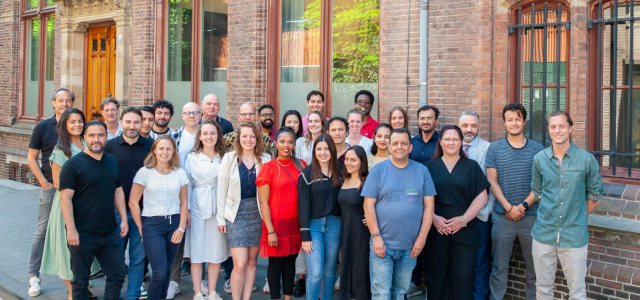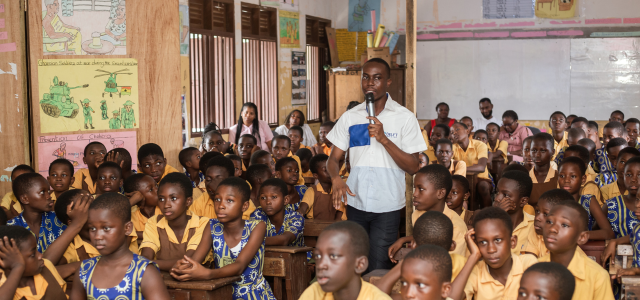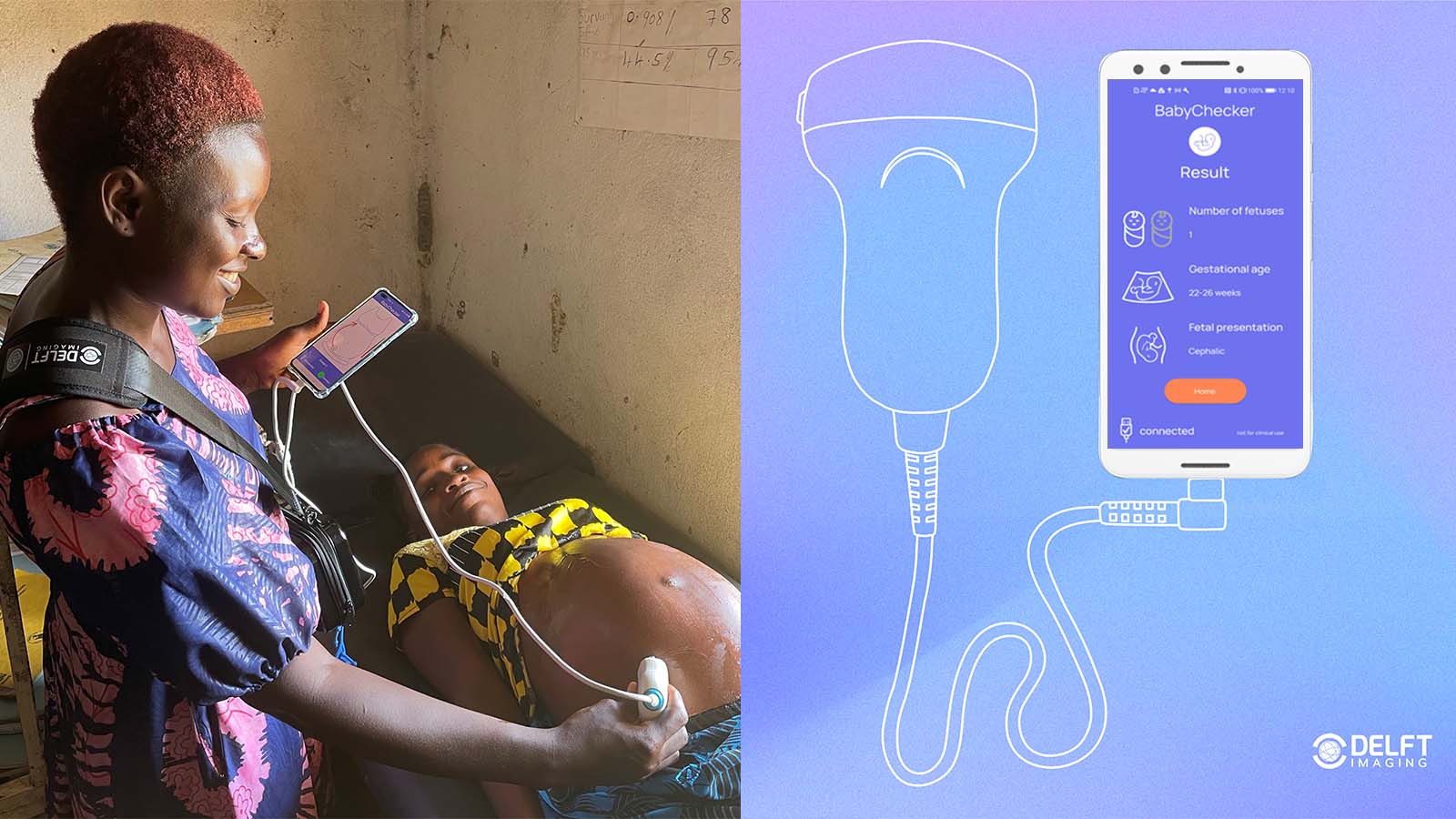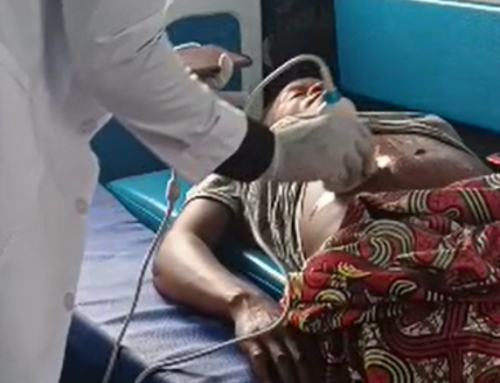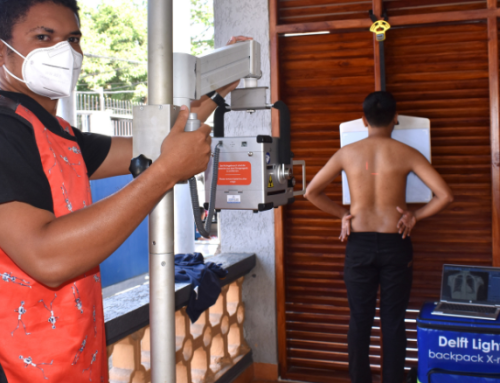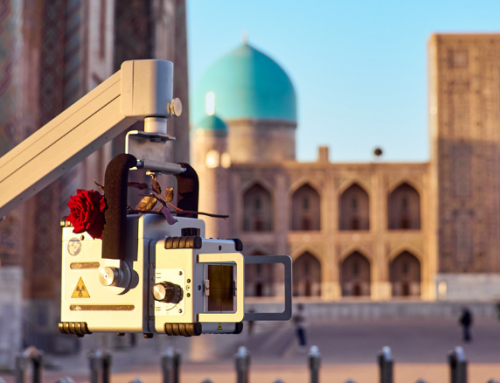Today, September 20th, 2021, Delft Imaging launched BabyChecker.
BabyChecker is smartphone-based ultrasound designed to make pregnancies safer in low-resource settings. BabyChecker is powered by Artificial Intelligence to support the detection of risky pregnancies by community health workers to increase timely referrals for risky pregnancies.
Through the 6-sweep obstetric protocol, the ultrasound images are acquired and analysed by the BabyChecker AI installed as a mobile application. Training untrained users requires a maximum of 2 hours. BabyChecker can operate without Internet access.
Globally, 830 women die during pregnancy and childbirth every day. Sub-Saharan Africa and Southern Asia account for approximately 86% of the estimated global maternal deaths*.
Fortunately, many of these deaths are preventable. The WHO recommends ultrasound to assess gestational age, identify the number of fetuses, fetal presentation, and placenta localisation to reduce risks and improve a woman’s pregnancy experience*. Despite the well-known benefits, ultrasound is not available in many rural and remote areas in low-resource settings for 2 main reasons.
1. Ultrasound is too expensive
2. A trained clinician is required
Even with the latest innovations in portable ultrasound that have reduced the cost of ultrasound from $50,000 to a few thousands, a trained clinician is still required. We decided to leverage our decade of expertise in AI medical imaging to tackle this.
In countries like Malawi, where there is an estimate of 5 obstetric gynecologists for a population of 14 million people, we must employ task-shifting and empower community-health workers*. This is where Artificial Intelligence (AI) plays an important role*.
Delft Imaging has extensive experience in the field of AI for medical imaging. Our AI software for tuberculosis (TB) detection, CAD4TB, is the most validated and implemented solution of its kind and has been successfully used to screen 8 million people globally and have been recently recommended by the WHO. Thus, we decided to leverage our expertise in AI medical imaging to tackle another pressing issue especially found in resource-constrained settings: maternal and antenatal mortality.
We named our innovation BabyChecker. It is a smartphone-based ultrasound that uses AI to detect risky pregnancies.
The key innovations are:
1. Portability: by connecting a low-cost CE-certified probe to a smartphone and charging the smartphone through solar energy.
2. Accessibility: by leveraging AI, simplifying the training and targeting untrained users.
In the past few years, BabyChecker has travelled to Ethiopia, Ghana and Sierra Leone, thanks to collaborators including Radboud UMC, Ministry of Health of Ethiopia, and the Lion Heart Foundation. It has been a thrilling journey to see BabyChecker perform in the most remote and resource-constrained settings. Importantly, a BabyChecker user, only requires two hours of training, whereas this is usually a lengthy and costly process.
BabyChecker is under research, and we are always on the lookout for research collaborations to strengthen BabyChecker. If your organization is interested, please get in touch.
Contact:
Enya Seguin
eseguin@delft.care
+31683217023

